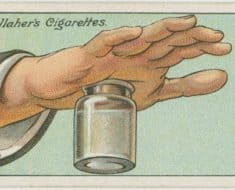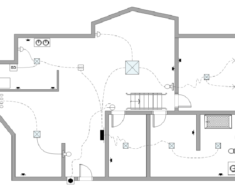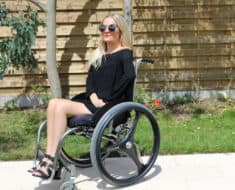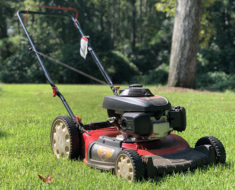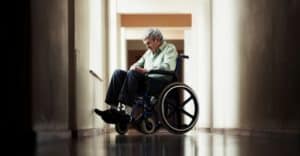
Source: https://ourinjuryattorney.com/
Abuse of elderly people is common at homes and nursing care facilities across the country. Many of these cases either go unnoticed or underreported. As people age and become frailer, it is less likely that they are able to stand up to bullying, fight back if someone verbally or physically attacks them, or even report such abuse to their families and loved ones. Complicating the matter is the fact that even when reported, nursing home negligence & elder abuse are often not taken seriously by those in power to do something about it.
Defining Abuse and Neglect
Broadly speaking, we define abuse and neglect as it pertains to the elderly in nursing home settings as follows:
- Abuse: The intentional infliction of injury, confinement, threats, deprivation of care or services, or punishment that leads to physical harm or mental anguish
- Neglect: The intentional or unintentional failure to provide an individual with the care and services they require to ensure that they are free from harm or pain, or a failure to respond to potentially dangerous situations that can or do result in physical harm or mental anguish
Types of Abuse and Neglect
With the above definitions in mind, here are a few examples of neglect and elder abuse in residential long-term care settings:
- Assault and battery: This includes shaking, beating, kicking, slapping, pinching, pushing, and attacking with verbal threats or emotional abuse
- Not providing the resident with the care they need for medical conditions or ailments
- Depriving the resident of food or water
- Rape and other forms of sexual assault
- Use restraints (either physical restraints or in the form of medications) not consistent with those authorized by a physician
Signs of Nursing Home Abuse and Neglect
The most common signs of nursing home abuse and neglect are as follows:
- Bed injuries
- Asphyxiation
- Dehydration or malnutrition
- Reluctance to speak while in the presence of members of staff
- Frequent falls, fractures, or head injuries
- Untreated infections
- Bedsores
- Unexplained injuries, such as cuts, bruises, or wounds that are in different stages of healing
- Unclean living conditions
Sudden changes in the physical or emotional health of an elderly resident of a nursing home can indicate abuse or neglect. If you suspect elderly abuse, look for the following telltale signs of various types of abuse:
Physical Abuse
Signs and symptoms of physical abuse include:
- Unexplained broken bones, fractures, dislocations, or sprains
- Bruises, scars, or welts on the body
- The patient failing to take his or her medications properly
- Signs of restraint, such as rope marks on the wrist
- The caregiver refuses to allow you to be alone with the elderly individual
Emotional Abuse
Signs and symptoms of emotional abuse include:
- Unusual behavior of the elderly individual that resembles dementia, such as mumbling, sucking the thumb, or fidgeting
- The caregiver threatening or belittling the elderly resident
Sexual Abuse
Signs of sexual abuse include:
- STDs or genital infections
- Bruises around the breasts or near the genitals
- Stained, bloody, or torn undergarments
Financial Exploitation
The elderly are prone to financial exploitation. Signs of this type of abuse include the following:
- Suspicious or unexplained withdrawals from the elderly individual’s bank account
- Changes made to their power of attorney, life insurance policy, wills, or property titles
- Cash disappearing from the elderly individual’s room
- Unexplained ATM withdrawals
- A lack of medical care despite the fact that the elderly individual can afford it
- Purchases or subscriptions that the elderly individual could not have signed for themselves
It is unfortunate that nursing home staff will be prone to abusing the elderly if they lack appropriate training, have too many jobs to handle, work in poor environments, or are dealing with stress. Family members and loved ones must be vigilant to identify and stop abuse and neglect at the first signs that it is occurring.
About The Author:
Aqib Ijaz is a digital marketing guru at eyesonsolution.com. He is adept in IT as well. He loves to write on different topics. In his free time, he likes to travel and explore different parts of the world. You can read more of his blogs at eyesonsolution







